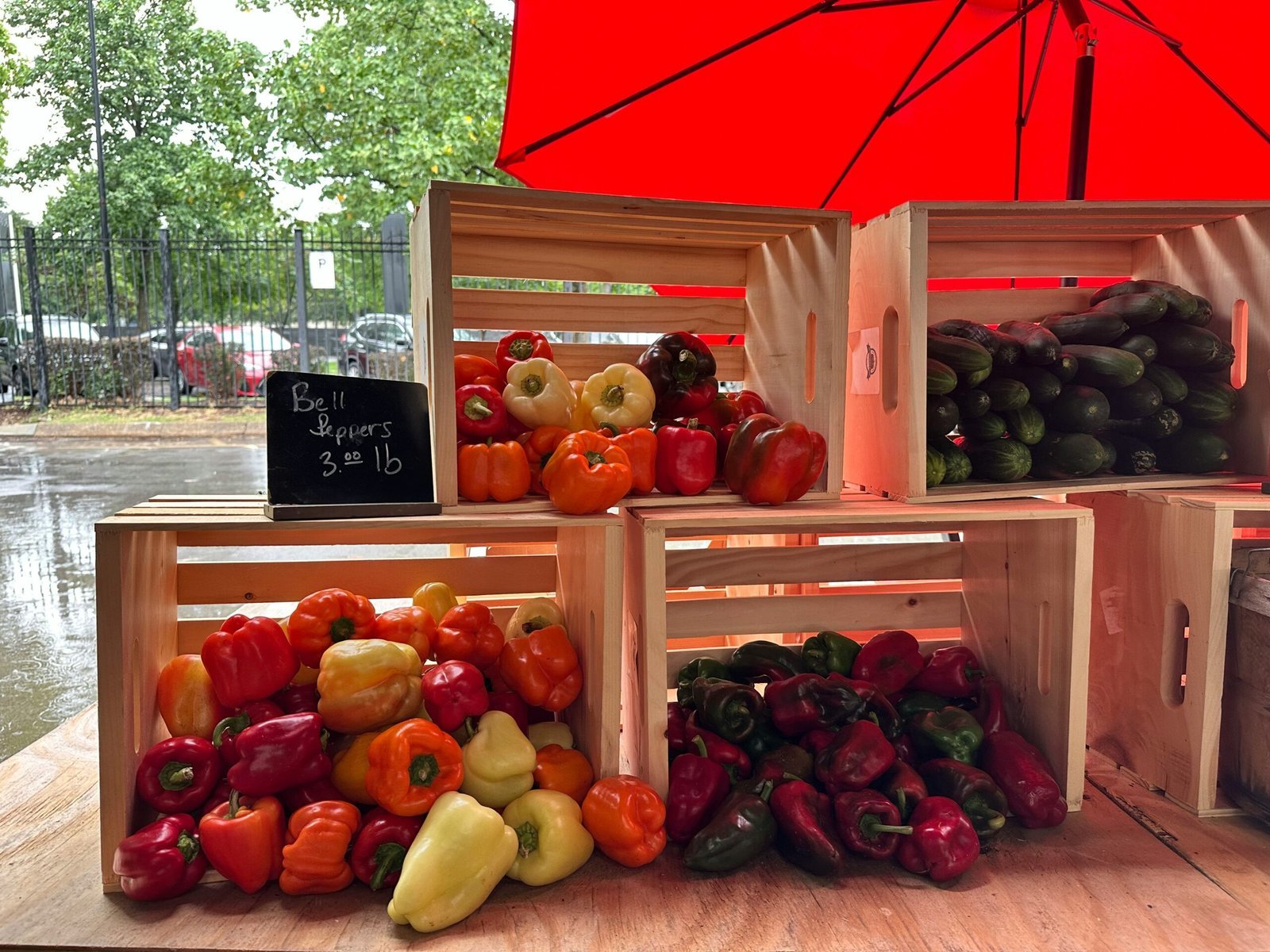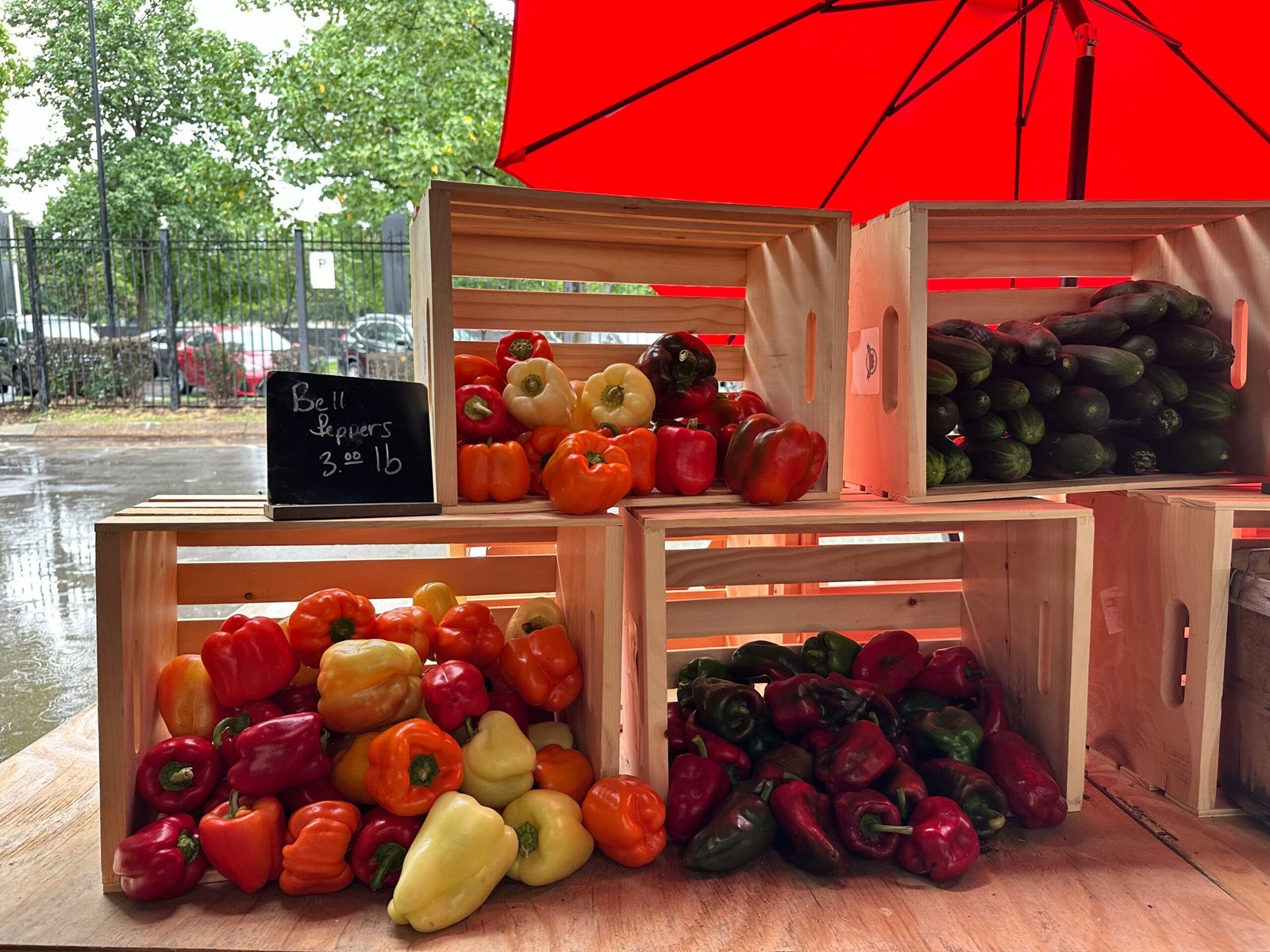
Introduction to Volunteering in the Azores
Volunteering on organic farms in the Azores presents a unique opportunity for individuals seeking sustainable travel experiences. The Azores, an archipelago located in the mid-Atlantic, is renowned for its stunning landscapes, rich biodiversity, and commitment to preserving a sustainable way of life. By engaging in volunteer programs on these organic farms, travelers contribute to environmentally focused agricultural practices while immersing themselves in the local culture.
The appeal of volunteering in this idyllic setting extends beyond the beauty of the landscapes. It involves a deep connection with the community and a chance to partake in meaningful projects that promote sustainability. Many farms in the Azores practice organic farming methods, which emphasize environmentally friendly techniques that respect both the land and its resources. This allows volunteers to learn about and support practices such as crop rotation, permaculture, and sustainable pest management, which are crucial for maintaining the ecological balance of the islands.
Moreover, participating in farm activities fosters a sense of camaraderie among volunteers and local farmers alike. This experience not only aids the local community by participating in agricultural work, but it also enriches the volunteers’ lives by offering hands-on experiences that foster personal growth and understanding of environmental stewardship. Volunteer efforts help nurture the cultural heritage of the Azores, as agriculture has long been a cornerstone of life on the islands, providing opportunities for knowledge exchange and cultural immersion.
In summary, volunteering on organic farms in the Azores is more than just a travel experience; it is a gateway to understanding sustainable agricultural practices and contributing to local communities while discovering the profound beauty and culture of this stunning archipelago.
Overview of the Azores Islands
The Azores, an archipelago situated in the mid-Atlantic, comprises nine volcanic islands renowned for their breathtaking landscapes and rich biodiversity. This unique group of islands—São Miguel, Terceira, Graciosa, Pico, Faial, São Jorge, Flores, Corvo, and Santa Maria—offers a variety of geophysical features, including rugged coastlines, lush green hills, and volcanic craters. The islands are often characterized by their dramatic topography, with mountains rising steeply from the ocean, providing numerous hiking opportunities and stunning vistas.
The climate in the Azores is classified as temperate oceanic, offering mild temperatures year-round which are influenced by the Gulf Stream. Average temperatures range from 14 to 24 degrees Celsius throughout the year, making it an ideal destination for outdoor activities, including a unique experience of volunteering on organic farms. The region experiences frequent rainfall, which contributes to the area’s lush vegetation and vibrant agricultural practices. These qualities make the Azores an invaluable part of European ecology, garnering significant attention for their conservation efforts.
Biodiversity is a hallmark of the Azores, with a considerable number of endemic plant and animal species. The islands boast a wealth of ecosystems, including lush forests, wetlands, and marine environments, which host an array of wildlife. Traditional agricultural practices, particularly in organic farming, play a crucial role in preserving the natural landscape. Farmers adopt sustainable methods that align with the ecological principles of the islands, ensuring that the local flora and fauna thrive while producing high-quality crops. This commitment to sustainability enhances the experience of volunteers looking to engage with agriculture while contributing positively to the environment.
Benefits of Volunteering on Organic Farms
Volunteering on organic farms in Portugal’s Azores presents a wealth of advantages that extend well beyond the agricultural realm. One of the primary benefits is the opportunity to acquire hands-on agricultural skills. Volunteers engage in practical activities, such as planting, harvesting, and maintaining crops, which not only fosters a deeper understanding of organic farming practices but also enhances one’s knowledge of sustainable agriculture. This experience can be particularly beneficial for individuals considering a career in agriculture or environmental science.
Moreover, through involvement in organic farming, volunteers cultivate a heightened environmental awareness. The emphasis on sustainable practices and the significance of biodiversity serve to educate participants about the critical relationship between farming methods and ecological health. Engaging with nature in this manner allows volunteers to appreciate the intricate balance required to support life on Earth, thereby fostering a sense of responsibility towards environmental stewardship.
Volunteering also provides a pathway towards sustainable living. By immersing themselves in a community that prioritizes ecological responsibility, individuals can learn various sustainable practices, such as permaculture and composting. These skills are not only applicable during the volunteering stint but can also be integrated into everyday life upon returning home, encouraging a more sustainable lifestyle.
On a more personal level, volunteering offers a unique opportunity for cultural exchange. Participants can meet individuals from diverse backgrounds, leading to new friendships and social connections that enrich their experiences. This cultural exposure enables individuals to gain insights into local customs and practices, fostering greater global awareness. Additionally, engaging in physical labor on organic farms contributes positively to one’s health, promoting outdoor activity and an active lifestyle.
In summary, the myriad benefits of volunteering on organic farms in the Azores encompass skill acquisition, environmental consciousness, sustainable living practices, personal growth, and improved health, presenting a unique opportunity for anyone seeking meaningful engagement with nature and community.
Types of Organic Farms in the Azores
The Azores, an archipelago of volcanic origin in the Atlantic Ocean, is renowned for its lush landscapes and commitment to organic farming. The diversity of organic farms found in the Azores reflects the region’s rich agricultural heritage and innovative farming practices. Among the various types of organic farms, fruit and vegetable farms, dairy farms, and permaculture projects stand out due to their unique contributions to sustainable agriculture.
Fruit and vegetable farms are prevalent throughout the islands, providing a wide array of produce that thrives in the region’s mild climate. These farms often adopt agroecological practices, which promote biodiversity and soil health, ensuring that the farming methods are sustainable and environmentally friendly. Many of these farms embrace organic certification, allowing them to sell their produce in local markets and beyond, promoting a wholesome food supply.
Dairy farms in the Azores also play a crucial role in the region’s organic farming landscape. They focus on raising cows under organic management, which prohibits the use of synthetic fertilizers and chemicals. Sustainable grazing practices and animal welfare are prioritized, resulting in high-quality dairy products. Volunteers may have the opportunity to engage in various activities, from milking cows to learning about the cheese-making process, which is a significant aspect of Azorean culture.
Another fascinating aspect of the organic farming scene in the Azores is the range of permaculture projects. These initiatives are designed to create sustainable ecosystems, integrating various crops and livestock in a manner that mimics natural processes. Permaculture farms prioritize water conservation, waste reduction, and biodiversity, providing volunteers with hands-on experience in regenerative agricultural practices. Through working on these farms, individuals can gain valuable skills that align with their environmental values, contributing to a more sustainable future.
How to Find Volunteer Opportunities
Finding volunteer opportunities on organic farms in the Azores requires a strategic approach. The first step is to explore popular platforms dedicated to connecting volunteers with farms worldwide. Websites such as Workaway, Worldpackers, and HelpX are excellent resources that facilitate this connection. These platforms list numerous organic farms in the Azores, complete with detailed profiles, reviews from previous volunteers, and information regarding each farm’s specific needs. By creating a profile, you can easily apply for various positions that match your interests and availability.
When considering a location to volunteer, take time to evaluate the specific needs of each farm and the types of tasks involved. Some farms may require assistance with crop maintenance, animal care, or infrastructure development, while others focus on sustainable practices and educational programs. Researching the farm’s mission and projects will help ensure that your values align with theirs, thus enhancing your overall experience. Additionally, consider the geographical aspects of the Azores, such as proximity to local amenities and natural attractions, which may impact your comfort and enjoyment during your stay.
As you prepare to apply for a volunteering position, it’s important to present yourself effectively. Craft a thoughtful application that highlights your skills, experience, and enthusiasm for organic farming and sustainability. Tailor your message to each farm to demonstrate your genuine interest in their specific practices and culture. Furthermore, be prepared for communication, such as video calls or emails, where you can ask relevant questions about your role and the farm’s environment. By thoroughly researching, articulating your passion, and preparing for the experience, you can ensure a rewarding volunteering journey on organic farms in Portugal’s Azores.
What to Expect as a Volunteer
Volunteering on organic farms in Portugal’s Azores provides a unique opportunity that melds the beauty of nature with the rewarding experience of contributing to sustainable agriculture. As a volunteer, you can expect a welcoming environment where both seasoned agricultural workers and beginners can thrive. Generally, your daily responsibilities will revolve around various farming activities like planting, weeding, harvesting, and maintaining the farm’s infrastructure. These tasks are essential for the smooth running of organic farming practices and contribute significantly to the overall sustainability of the farm.
On average, volunteers should anticipate putting in several hours of work each day, often around 5 to 6 hours, depending on the specific farm’s layout and schedule. These hours may vary with the seasons, given that farming activities are heavily influenced by weather conditions. Mornings are typically the busiest time, while afternoons might allow for rest or additional learning opportunities. Flexibility in terms of task delegation is common, with volunteers sometimes switching roles to ensure all aspects of farm life are covered.
Accommodations for volunteers can range from rustic cabins to shared dormitory-style lodgings, dependent on the farm. Most farms strive to create a comfortable atmosphere that fosters community and learning among volunteers. Basic amenities such as shared kitchens may be available, allowing you to prepare your meals using fresh, local ingredients, which enhances the overall experience.
While prior experience in agriculture can be advantageous, it is not strictly necessary; enthusiasm, willingness, and a strong work ethic are valued qualities. Some farms appreciate skills in woodworking or livestock management, but these are not mandatory. Training is often provided at the farm, ensuring preparedness for the tasks ahead, making this volunteer journey accessible to all.
Cultural Immersion and Lifestyle in the Azores
Volunteering on organic farms in Portugal’s Azores offers not only an opportunity to engage in sustainable agricultural practices but also a rich cultural immersion that can profoundly enhance the experience. The Azores, an archipelago situated in the North Atlantic, is characterized by a unique blend of Portuguese tradition and island living. Volunteers will often find themselves surrounded by friendly locals who are eager to share their customs and way of life.
The local language, Portuguese, is an integral part of daily interactions. Although many residents speak English, especially in tourist areas, learning basic Portuguese phrases can deepen social connections and foster goodwill. Engaging with the language allows volunteers to navigate the community effectively and participate in conversations that reveal local perspectives. Moreover, it showcases a respect for the culture, which is often appreciated by the locals.
Cuisine is another vital aspect of cultural immersion in the Azores. Volunteers will have the chance to savor traditional dishes that highlight the island’s agricultural heritage, such as ‘Cozido das Furnas,’ a flavorful stew cooked in volcanic soil. Local markets provide fresh produce and regional specialties, encouraging volunteers to explore culinary practices and even join in communal cooking activities, which fosters bonds among participants and residents alike.
Attending community events further enriches the cultural experience. Throughout the year, the Azores hosts various festivals celebrating local traditions, from religious feasts to agricultural fairs. These events present a wonderful opportunity to connect with locals, participate in vibrant celebrations, and gain insights into the island’s history and social fabric. Overall, the blend of language, cuisine, and community engagement allows volunteers to create lasting memories and authentic relationships in the Azorean lifestyle.
Environmental Impact and Sustainability
Organic farming practices in the Azores play a crucial role in promoting environmental stewardship and sustainability. These methods prioritize the conservation of biodiversity, which is essential for maintaining a balanced ecosystem. Organic farms in this region often use a diverse array of crops and farming techniques that are designed to enhance the local flora and fauna, enabling various species to thrive. This biodiversity not only supports wildlife but also helps to create a more resilient agricultural system that can better withstand pests and diseases.
Furthermore, organic farming significantly contributes to soil health. By avoiding synthetic fertilizers and pesticides, farmers cultivate the land in a manner that promotes the natural composition of the soil. Techniques such as crop rotation, cover cropping, and organic composting improve soil structure and fertility. Healthy soils enhance water retention and reduce erosion, which is particularly important in the Azores, where varying weather conditions can affect agricultural productivity. As a result, organic farming not only sustains the land but also ensures higher yields over time without degrading the environment.
The implications of adopting sustainable agricultural practices extend beyond individual farms. As organic farming promotes ecosystem resilience, it also plays a pivotal role in combating climate change. Practices that enrich soil health and enhance biodiversity can sequester more carbon dioxide from the atmosphere, thus helping to mitigate global warming. Additionally, organic farms often utilize local resources and traditional methods, reducing dependence on fossil fuels associated with conventional farming processes. This holistic approach underscores the substantial environmental benefits of organic farming in the Azores, positioning it as a model for sustainable practices worldwide.
Testimonials from Past Volunteers
The experiences of past volunteers who have participated in programs on organic farms in Portugal’s Azores illustrate the profound impact that such opportunities can have on individuals. One volunteer shared, “Working on the farm taught me the value of sustainability and the importance of local produce. The beauty of the islands and the camaraderie among volunteers made every challenge worth it.” This sentiment is echoed by many who appreciate the connection between their labor and the sustainability of the land.
Another volunteer recounted a particularly uplifting experience: “I arrived not knowing much about farming, but I left with skills I never imagined I would gain. The farmers were incredibly patient and enthusiastic about sharing their knowledge, which made learning enjoyable. My time there fostered a passion for organic farming that I continue to explore back home.” This highlights the educational aspect of volunteering, where new skills are not only developed but embraced.
Challenges, of course, were a part of the journey. A volunteer reflected, “Initially, the physical demands were tough, but I quickly learned to appreciate the rhythm of farm life. It wasn’t just about the work – it was about the connections we built and the shared meals at the end of the day.” This sense of community is often mentioned as a rewarding part of the experience, where volunteers bond over shared tasks and stories, creating lasting friendships.
Through these stories, it becomes evident that volunteering on organic farms in the Azores is not merely labor; it is a transformative experience that cultivates personal growth, environmental awareness, and a sense of belonging. The testimonials from these individuals serve as a testament to the unique rewards that await those who embark on this journey.




